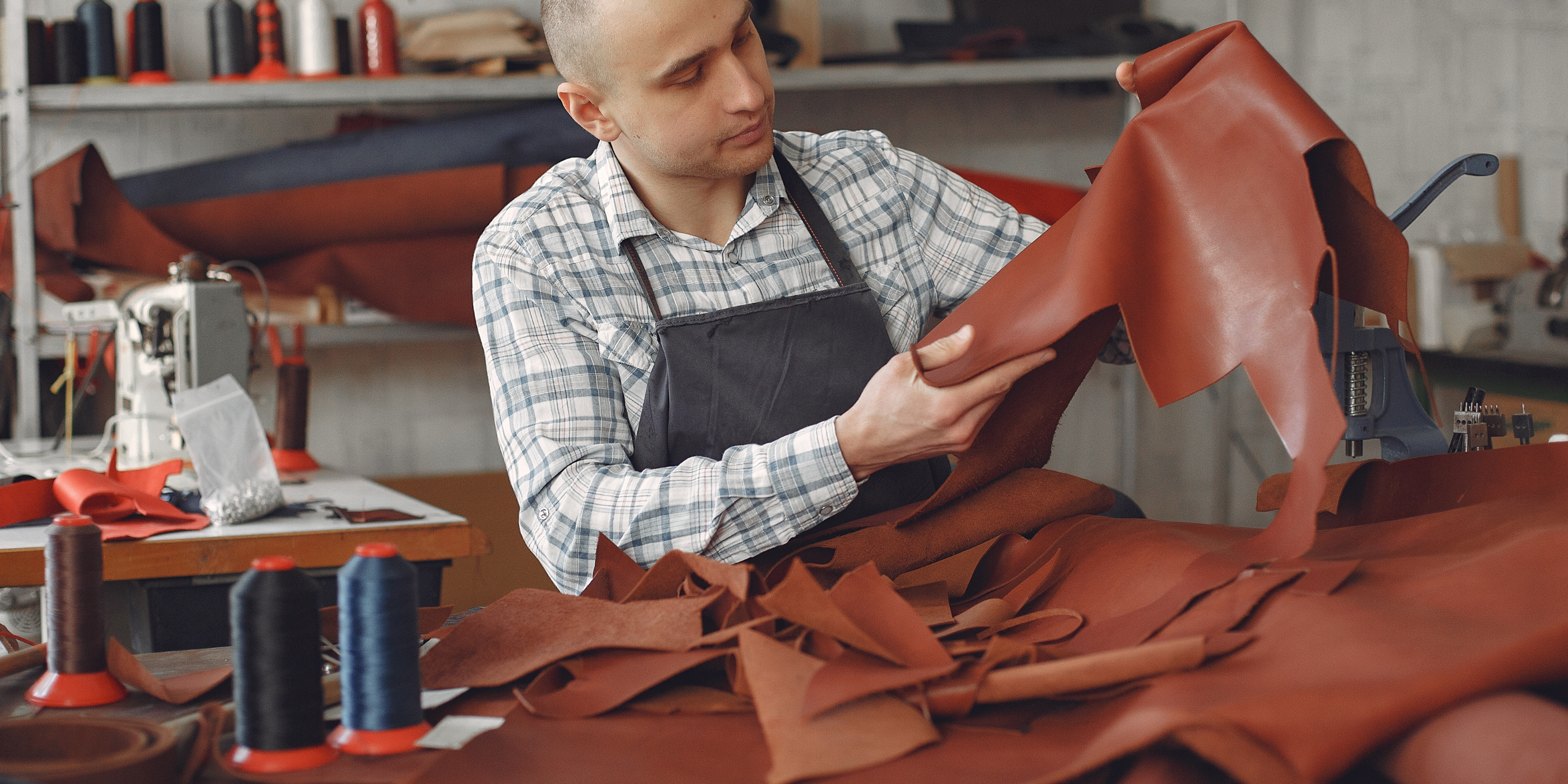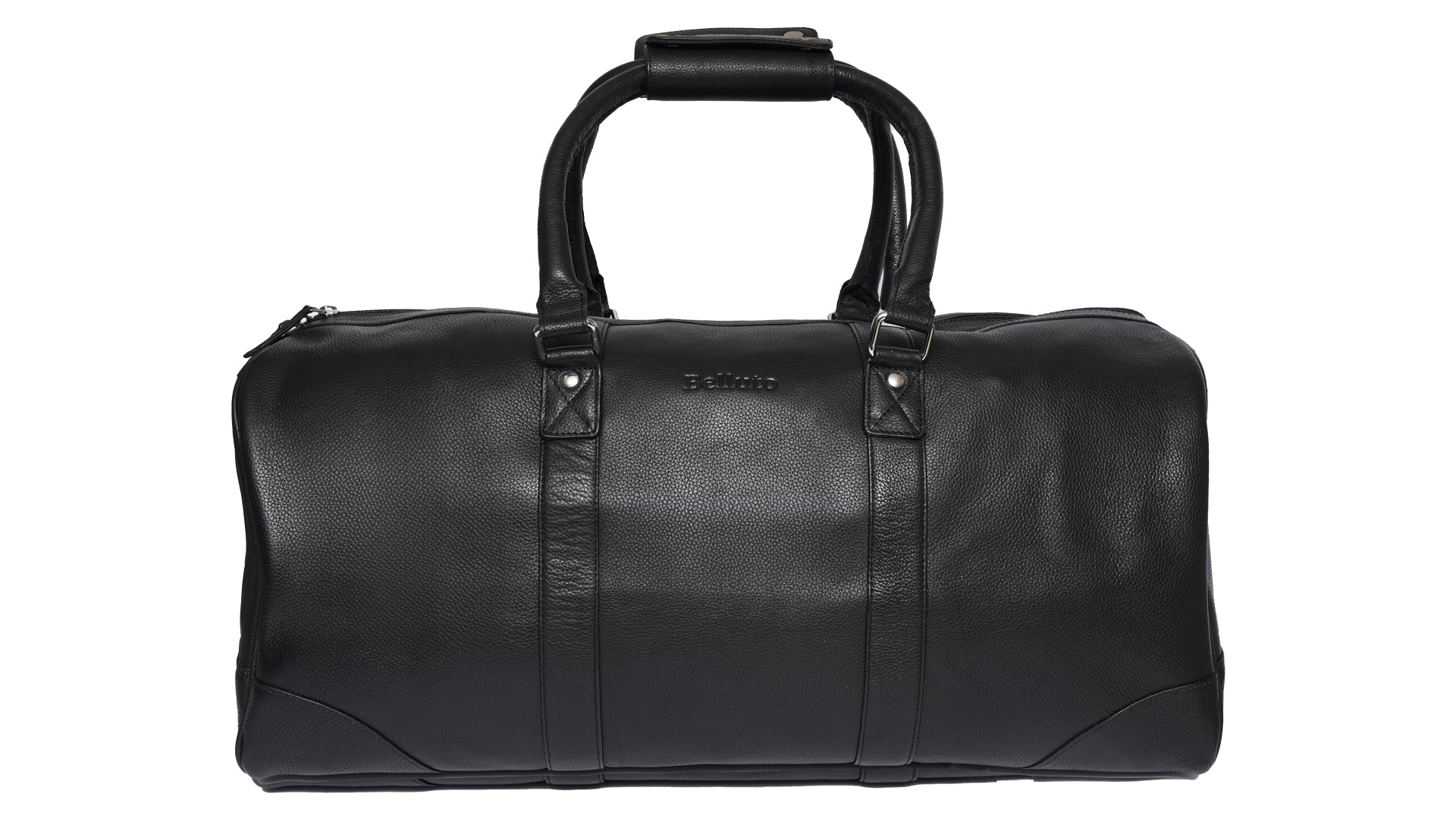Leather has long been valued for its durability and elegance, but its environmental impact is controversial. Leather production is associated with ecological issues such as deforestation, greenhouse gas emissions, and water pollution. Cattle farming, from which most leather is derived, contributes to the deforestation of the Amazon, leading to biodiversity loss and soil erosion.
On the other hand, leather is a natural material that, with proper treatment, can be biodegradable and durable, making it more sustainable compared to some synthetic alternatives. Modern tanning methods, like vegetable tanning, reduce the use of harmful chemicals, minimizing the negative impact on the environment.
Belluto's Commitment to Sustainability
At Belluto, we make every effort to ensure our products are made responsibly and sustainably. Our actions include:
-
Ethical sourcing of raw materials: We collaborate with suppliers who adhere to high standards of environmental protection and animal welfare. We ensure our leathers come from responsible sources, minimizing the negative impact on ecosystems.
-
Eco-friendly production processes: We use modern tanning technologies that reduce water and energy consumption and limit the emission of harmful substances. Our production methods comply with international environmental protection standards.
-
Durability and Quality: We design our products to last for years, reducing the need for frequent replacement and thereby limiting waste. We believe that the longevity of our products contributes to more sustainable consumption.
-
Transparency: We strive for full transparency in our supply chain, enabling customers to make informed choices and build trust in our products.
At Belluto, we believe that a responsible approach to leather production can contribute to a more sustainable future for fashion. Our goal is to harmoniously blend traditional craftsmanship with modern, eco-friendly practices to deliver products that are both beautiful and kind to our planet.



